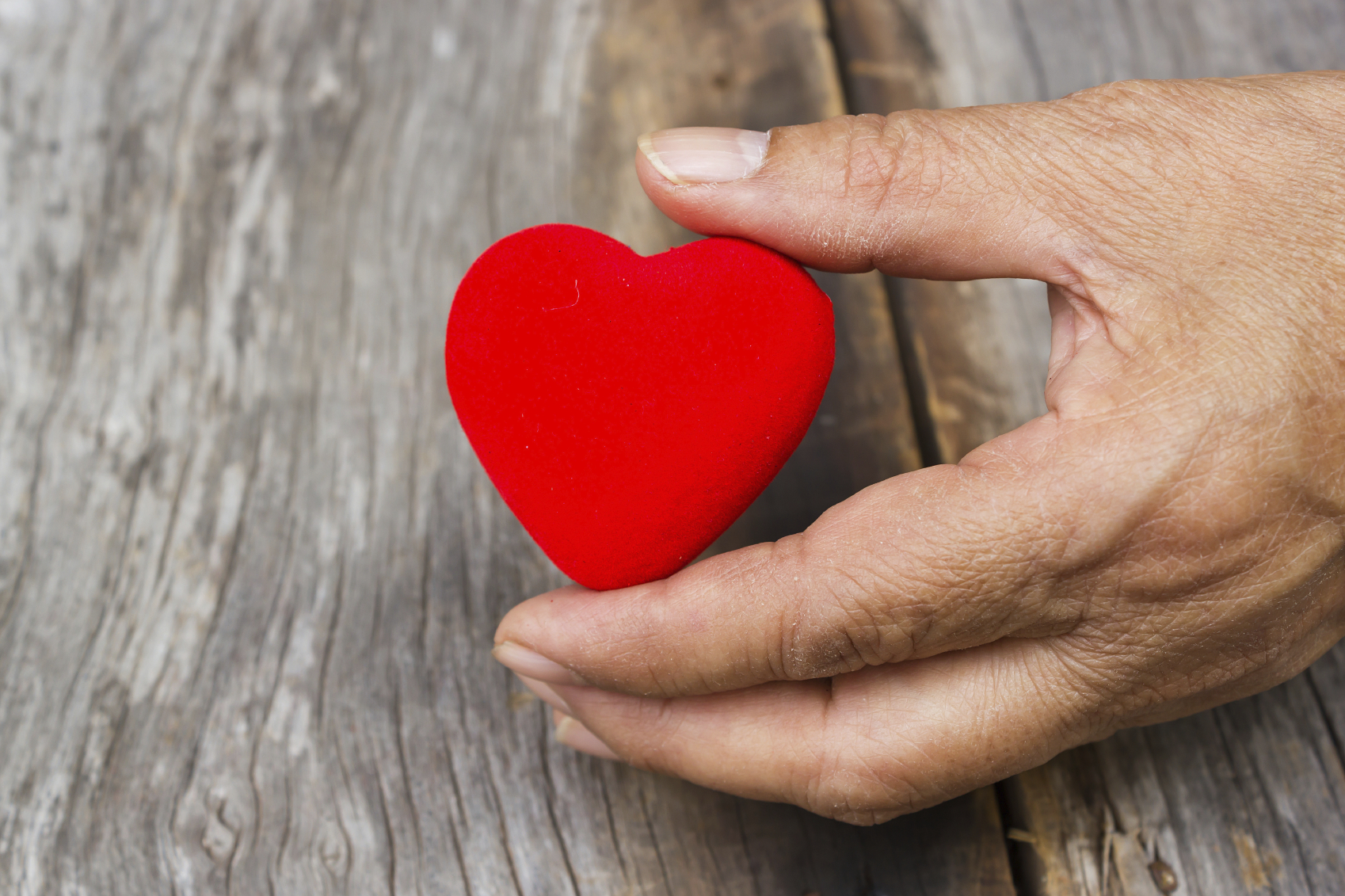I live in a small New England town that is home to only about 18,000 residents. As in many small towns, hundreds of children attend the public school system, play sports, and participate in art and music activities together. And many of the parents see each other daily in the pick-up lines at school, at Starbucks, and in the hockey stands and soccer sidelines. Despite the frequency with which we all intersect, many of us can feel isolated and alone – facing our own hidden battles in private — especially when we are dealing with life-threatening challenges that bring us to our knees.
My friend, Claire Craven, is experiencing just one of these challenges with her family. In the Fall of 2012, when Claire’s beloved husband, Eric, 47, began to experience symptoms of grip weakness and tightness in his throat, they never suspected it was anything other than just the process of getting older. Nine months later, at what they thought was a routine preventative visit to a neurologist, everything in the lives of Eric, Claire, and their three teen children changed in the span of 15 short minutes. It was obvious the doctor was concerned and something was seriously wrong. Two weeks later following a myriad of tests, Eric was diagnosed with ALS.
ALS stands for Amyotropic Lateral Sclerosis, also known as Lou Gehrig’s disease. ALS was first discovered in 1869 by French neurologist Jean-Martin Charcot, but it wasn’t until 1939 that Lou Gehrig brought international attention to the disease. Ending the career of one of the most beloved baseball players of all time, ALS is a progressive neurodegenerative disease that causes muscle weakness, paralysis, and ultimately, respiratory failure. Every 90 minutes someone is diagnosed with ALS. Although approximately 30,000 Americans have the disease at any given time, most are stricken between the ages of 40 and 70 and live 2-5 years after the first signs of the disease, with only 10% living longer than 10 years.
The Cravens learned that while Eric’s mental faculties would remain sharp, his body would decline, and his life expectancy would likely be only 5 years.
Claire shared with me that at first, they were, of course, shattered, and desperately wanted to keep the news private. They had so much to contemplate, to figure out and plan, and they had the well-being of their children to think of. Although “normal” no longer seemed to exist, they wanted it for their children. “Given the rest of their world was reeling, the last thing they needed was to have their peers treat them differently.” Life continued on as much as possible as it had before, although they now treasured and relished the time they had together. But behind the scenes, Claire and Eric needed to prepare for a new future that would be anything but what they had dreamed of for so many years in building their life together. For the whole family, it was heartbreaking, lonely and overwhelming.
In September 2013, Claire widened the circle of those who knew the news just a tiny bit, telling the children’s teachers and their son’s hockey coach, to ensure that those who were seeing the children every day would be able to give some added support if needed. The family had a routine, and they kept the situation between them, for Eric. But it was like “living a secret life – a double life, and at times so difficult,” Claire shared. “I found out about Eric just 2 weeks before being inducted as the PTA President, and there was no one to replace me. So I then had to tell a few more people – the wonderful women on the executive board of the PTA — and they were amazing. They stepped up and helped in every way imaginable. That’s what I grew to love about this town – all these amazing women all around me who helped me, and us, survive.”
Then, in Fall of 2014, a new opportunity emerged that altered how Claire and Eric viewed their commitment to privacy. The Cravens’ oldest son, 18, is a senior in high school and has played hockey since he was six years old. The Cravens’ daughters, 16-year-old identical twins, are juniors in high school and also play hockey. The boys’ varsity hockey coach, Brett Amero, began contemplating ways he could help the family and approached them with an idea. He wanted to explore how they might be able to leverage the new global awareness of ALS that had been achieved through the viral explosion of the “Ice Bucket Challenge” (that generated $115 million in donations to the ALS Association since July 14, 2014). They arrived at an idea together that would draw on the participation of both the boys’ and girls’ school hockey teams, and also partner with the town’s top rival to highlight the importance of battling hard on the ice, but coming together as part of the bigger hockey family to help one of their own by raising funds for research – the only hope for a cure.
The plan emerged that the two rival hockey teams’ epic game would serve as the backdrop for a fundraiser for the ALS Therapy Development Institute, the world’s first and largest nonprofit biotech focused 100% on ALS research. They hoped to raise over $40,000 from the game. I asked Claire what it felt like to contemplate sharing this news with so many, after keeping it private for months. “When the coach brought this idea to us, at first I thought, ‘No way – everyone would know.’ But when I turned to ask the family, unanimously, they all said, ‘Yes, let’s do it.’” Claire realized, “We’d had the time we needed as a family to deal with this; we felt so blessed he was doing so well, but also knew at some point we would need to go public. It just seemed as if something told us all at the same time that it was the right thing to do and we would be ok if we shared our story.”
The hockey event happened, and it was a tremendous success. On January 10th, with hundreds of people (both residents of Wilton and of the rival town Ridgefield, CT) in the stands and throughout the arena, the two towns came together and with matching funds from corporate donors, generated over $52,000 for ALS research. And from the middle of the ice rink, Claire, Eric and the family publicly shared the news.
Eric hadn’t shared with many at work about his disease, but people heard about it from the hockey event publicized in the papers, and the next Monday, there was an outpouring of support from his colleagues. Claire shared, “So many amazing things have happened since the announcement was made; it’s changed everything. The biggest joy has been the change in Eric. I always knew Eric would feel relieved to let the secret out, and when people found out he would be surprised and deeply touched at how many would reach out to him.
“We’ve seen that if you don’t give people the chance to bless you, to help you, to give back and support you, you miss out and they miss out. And when you’re hurting, if you can help someone else, it puts your own pain into perspective, and that change in focus from us to others is what brings healing. The biggest surprise has been that so many people thought we lived the Cinderella life here, and didn’t know what we were going through.
“It’s so important to remember that we all have hidden battles and we’re all dealing with challenges and heart-wrenching situations. But joy comes in how you respond. You can let it destroy you, or you can grow and become better, stronger and a help to others. If I hadn’t had the many challenges I had in my early life, I wouldn’t have it in me to even get out of bed, much less to be able to give back now, or receive this outpouring of love and support.”
* * * **
To me, Claire’s story reinforces a fundamental truth that is so important to remember but so easy to forget: Everyone you meet is fighting a hidden battle that you know nothing about. Be kind, and live from your heart, and share your love and support. And when you open up and share your traumas and challenges with your community, you – and they — can come together to help change the world.
(Upcoming hockey events in CT in support of ALS research are February 15th sponsored by the Bridgeport Sound Tigers and February 18th at the SONO Ice House, Norwalk, CT from 7-11pm. For more information about ALS and/or to donate, visit als.net/craven.)





Kathy, the “coming out” of any personal hardship or pain does certainly open one to receive love from others. We often think of the negative feedback because we are reflecting our fears and doubt and shame we have. We must love our pain as much as we do ourselves in order to truly come OUT! As a breast cancer survivor, I had the same experience. And, as a gay woman, we saw the same when the flood gates opened for all gays when Ellen DeGeneres, among others came out. They all shared the beacon go hope that coming out is a wonderfully liberating event, for all! Thank you again for your social insights!
Mo Faul